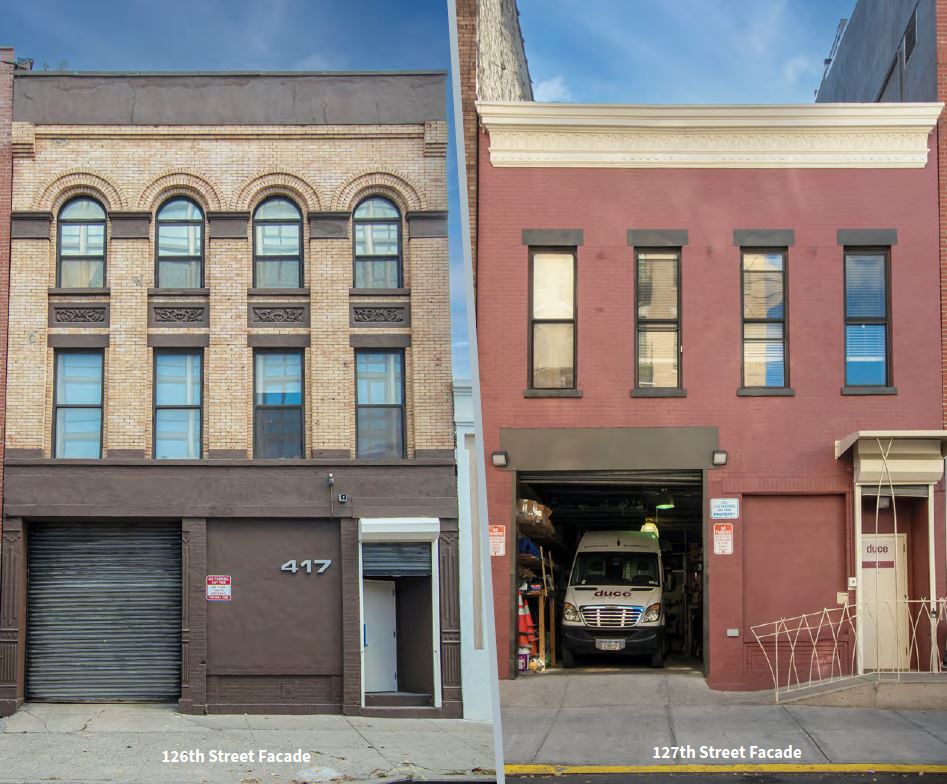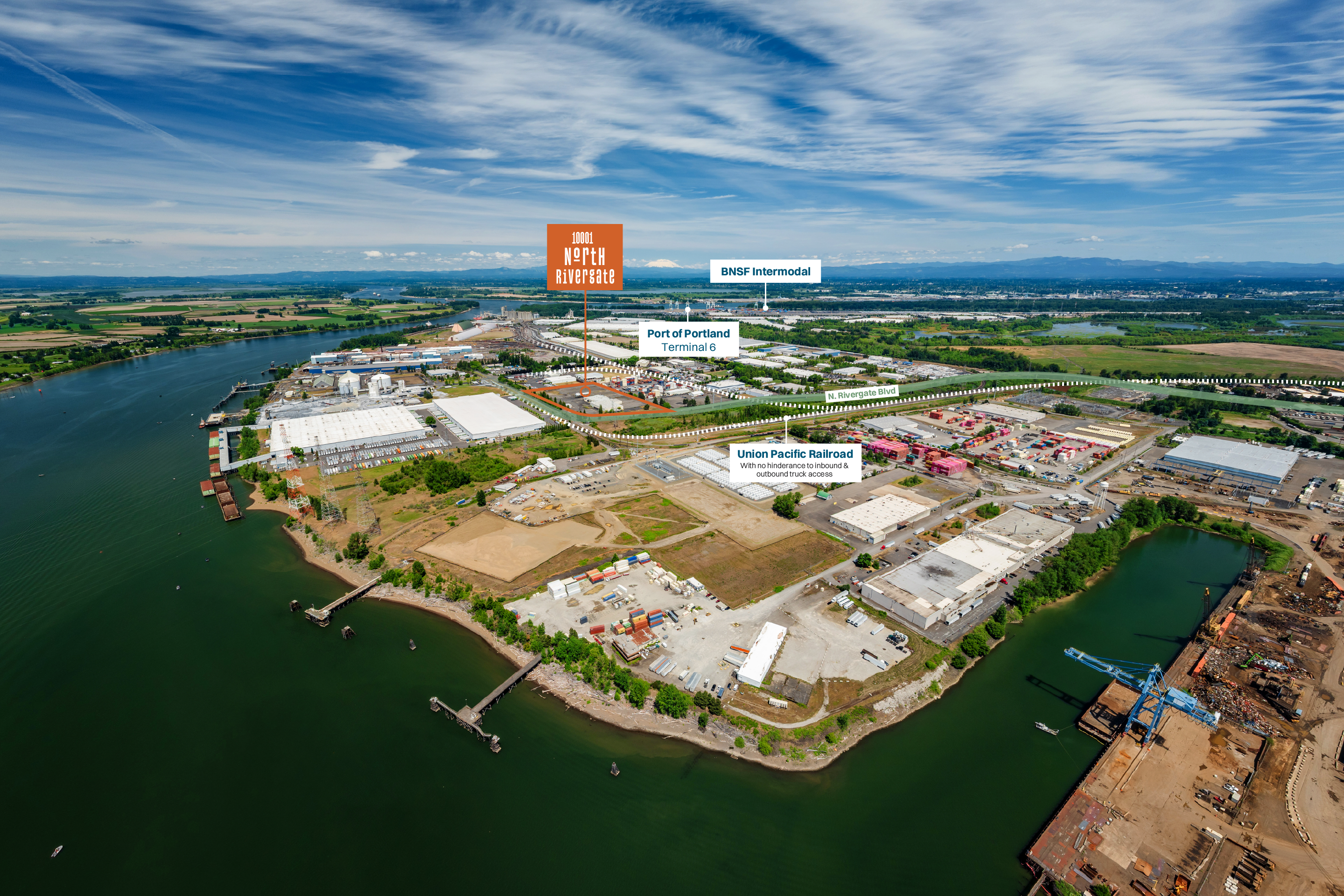As inflation ticks up, investors hunt for hedges
A generation of investors is staring down inflation for the first time
From electric carmakers stifled by chip shortages to construction firms short on steel, companies are scrambling to keep up with pent-up demand.
These shortages have made inflation a hot topic among investors and central bankers this year. Recent data is further fueling the debate: an index of U.S. consumer prices that excludes food and fuel rose 0.9% in April from a month earlier, the biggest jump since 1982.
Commercial real estate is a potential route for investors looking to hedge against inflation risks. However, for many market participants, this will be the first time they’ve faced such a steep inflationary environment.
“An entire generation of CRE market participants has heard more about the benefits of this inflation hedge than seen it in action,” says Ryan Severino, Chief Economist, JLL, noting that it has been well over a decade since the Great Recession. “With inflation subdued for such a long period, there haven’t been many chances for the sector to prove out its reputation.”
CRE as an inflation hedge
Real estate has long been viewed as a partial inflation hedge. Inflating prices can be passed on through rents, while increasing property values are also beneficial, giving individual property assets and REITs critical roles in portfolio strategies.
Across some asset classes, such as hotels and apartments, the reaction to inflation can happen relatively quickly because of shorter lease terms, says Gilda Perez-Alvarado, Global CEO, JLL Hotels & Hospitality.
Looking for more insights? Never miss an update.
The latest news, insights and opportunities from global commercial real estate markets straight to your inbox.
“The fundamental idea is that either leases have specific clauses which allow rents to increase and compensate for inflation, or the property types have short lease terms that can be ‘marked-to-market’ relatively quickly – meaning operators/owners can raise their rates to offset inflation,” she says. “Think about, for example, hotels. Hotels effectively have one-night lease terms. If inflation starts rising, hotels can immediately adjust rates.”
Looking ahead
Inflation concerns started dominating discussions in the financial community last year. But it’s increasingly clear that demand is returning at a more rapid pace than during many past recoveries, while supply continues to lag.
This mismatch “typically happens during recoveries, but the unique nature of this crisis, creating both voluntary and involuntary supply bottlenecks, will take longer to rectify,” Severino says. “It is always easier to take supply offline than it is to bring it back.”
Investment Opportunities
This should abate over time, he says, as pent-up demand is likely to revert to more stable levels. However, the issue is likely to stick around for some time, making inflation hedges more appealing to investors.
“We expect inflation to remain sustainably above levels that many have gotten used to over the last 12 to 13 years,” Severino says. “The amount of inflation is unlikely great enough to have grave economic consequences in and of itself, but commercial real estate can still reintroduce itself as a partial and even imperfect hedge.”
聯繫 Ryan Severino
Chief Economist, JLL, JLL Asia PacificWhat’s your investment ambition?
Uncover opportunities and capital sources all over the world and discover how we can help you achieve your investment goals.




